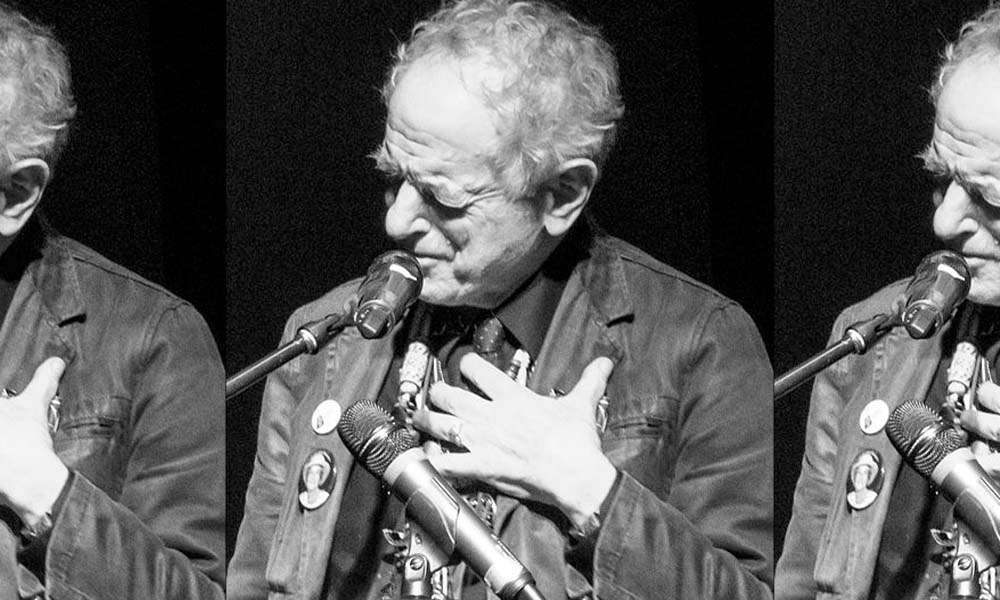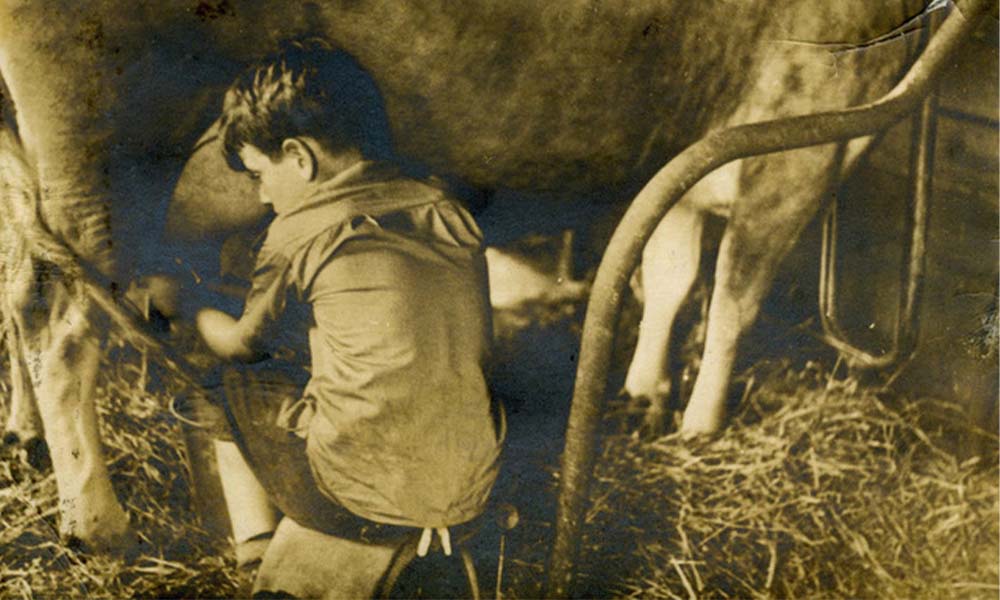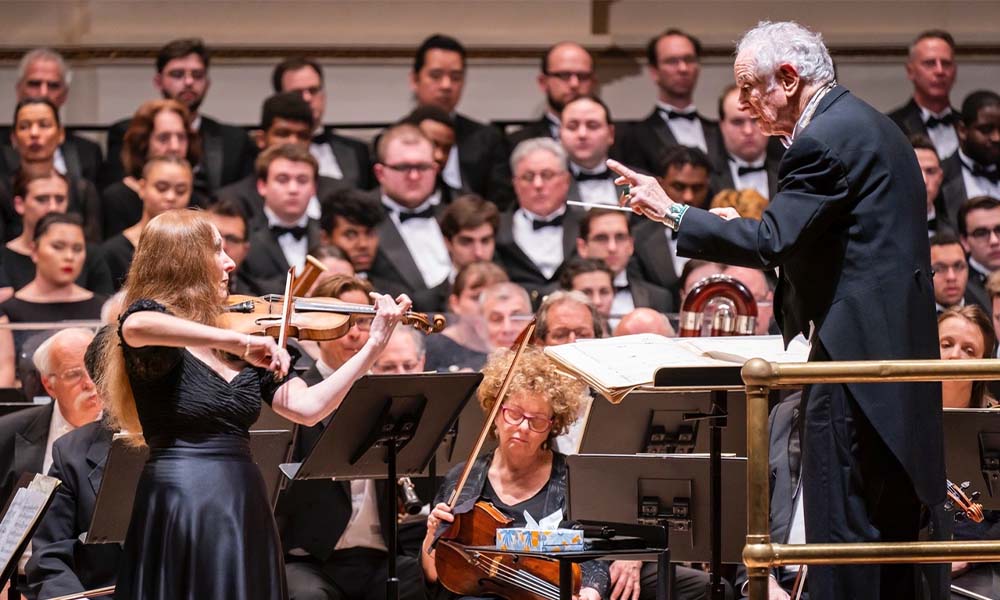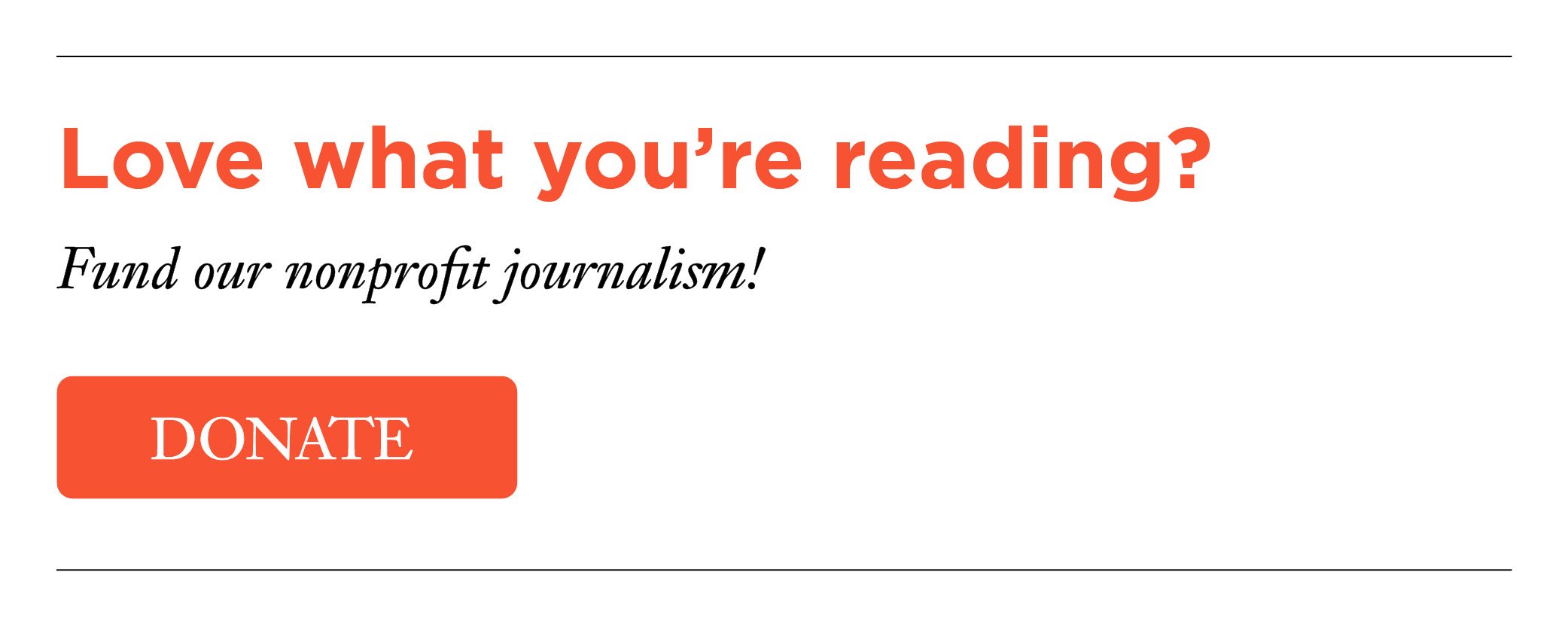Wisdom Project | David Amram, 94, Composer, Conductor and Student of ‘Hangoutology’

The Wisdom Project at Moment: Inspirational conversations with wise people who have been fortunate to live long lives.
This week’s conversation is with musician David Amram, 94, of West Camp, NY.
David Amram has earned acclaim as a composer, conductor and multi-instrumentalist for 75 years, and he still reinvents himself—and music—every day. Examples of the icon’s creative achievements, artistic collaborations and industry honors include: creating and performing jazz/poetry readings with his friend Jack Kerouac in New York, starting in 1957 and continuing for more than 12 years until Kerouac’s death; being named by Leonard Bernstein as the New York Philharmonic’s first composer-in-residence in 1966-67; serving as the Brooklyn Philharmonic’s music director of young people’s and family concert programs for 25 years; and composing more than 100 orchestral and chamber works, two operas and scores of scores—for films, including Splendor in the Grass and The Manchurian Candidate, and for theater productions, including for Joseph Papp and Arthur Miller.
“I’ve been a lifetime student in the University of Hangoutology. No tuition, no funding, no entrance fee. You learn by asking questions.”
In the last decade alone, Amram was honored for his cultural contributions to New York and his lifetime achievements in classical, jazz and chamber music. He is a lifetime member of the Actors Studio and received the first annual Lifetime Achievement Award from Folk Music International. Farm Aid honored him for his 30-year musical collaborations with Willie Nelson in support of America’s family farmers. He has also received, in 2016, Moment magazine’s Creativity Award.
Born in Philadelphia on November 17, 1930, to parents Philip and Emily, David Amram was raised, from the age of 7, on his family’s 160-acre dairy farm in Feasterville, which is in Buck’s County, PA. His father was a farmer, a lawyer and a legal scholar who led Shabbat services at home and introduced his son to cantorial and classical recordings. Amram’s grandfather, an avid Zionist, taught him Hebrew.

David Amram milking his cow Emily at the family farm in Feasterville PA, 1937. Courtesy of David Amram
Amram credits his uncle, who was a merchant seaman, with introducing him to music from around the world and to jazz, including recordings of Duke Ellington and Louis Armstrong. He took piano lessons at age 7, then trumpet and tuba, before making the French horn his main instrument. He plays more than two dozen Western, ethnic and folk instruments from 25 countries. In his constant quest to bring musical cultures together, he has performed or conducted in 35 countries. He is also an expert in North American Indian folk music.
After a year’s study at the Oberlin Conservatory of Music, David earned his bachelor’s degree in European history in 1952 from The George Washington University. While stationed in Germany with the U.S. Army from 1952 to 1954, he played in the 7th Army Symphony.
Besides Willie Nelson, Amram’s other most memorable collaborators have included Leonard Bernstein, Dizzy Gillespie, Dustin Hoffman, Elia Kazan, Lionel Hampton, Charles Mingus and Thelonious Monk. Never retired—or retiring—he continues to delight in composing music that combines jazz, Latin American, Middle Eastern, Native American and folk music.
Amram has three adult children, Adira, Alana and Adam, and one grandchild, Oliver. Today, he belongs to Catskill Temple Israel in Catskill, NY.
Moment caught up with the peripatetic David Amram recently to learn from and share his wisdom.
What is some of the wisdom you’ve acquired in your lifetime?
That you can learn from everybody you meet, of any age or station in life, including people much younger than you. They may have a clearer picture of a situation, and also a clearer picture of you. You learn from others.
What are you still learning?
I’m finally learning, as I hit 95, how to say no. When I lived in Greenwich Village, I would run to everyone who was playing or conducting music, dancing a ballet, playing in a sports event, or having a birthday party. I always used to feel guilty not going. I finally learned that most of the time it doesn’t make any difference whether I go or not.
What do you think of the state of the world today, and the state of America? And how can we apply your wisdom to that?
I wish I had a perfect solution. I think the answer, which is not a solution, is that we all have to be responsible for how we behave. That’s a very small thing, but it does make a difference.
We need to keep in mind that there [are always] people doing terrific things. I saw a wonderful Holocaust documentary about people who escaped from a Polish ghetto and lived in the forest for four years…people who’d never fired a gun or gotten into a fist fight became soldiers. I never realized, as a person of the Jewish faith, that so many of those people dared to leave a probable death sentence and go into the woods, freezing for four years to help defeat fascism. And instead of being bitter and hate-filled and angry, they shared with us the beauty of what they did, their bravery, their nobility and their stories, to make us proud that we are from a heritage where you care about other people.
So, I would say, don’t focus on the people that upset us so much on TV—there are too many other things, beautiful things, to concentrate on.
What wisdom has Judaism brought to you?
One of the great things about the Jewish tradition is that whether or not we like it, we have to study the past and how it can relate to the present and future.
How do we counter antisemitism in America today?
People talk about antisemitism and racism here as if they were new. I say, well, what country have you lived in all your life? That’s always been here. Those of us who were fortunate to come here in the 19th or 20th century should never fall prey to [scapegoating].
How do you stay optimistic?
By spending time with people that I have always admired and felt good being around. Ask yourself, who makes you feel good?
So then, avoid people who annoy you?
If somebody annoys you, very often you have to realize it could be an object lesson for that part of yourself or your own behavior. They’re not necessarily doing something because they dislike or disrespect you. It may be just that a situation is difficult. Some people in difficult situations believe that if they whine and complain and bully and grovel enough, they can change it. They are desperate [for an outcome] or they’re looking for a shortcut.
How do you handle that?
With most people, I try to catch myself about being judgmental. I try to look for some common human ground.
What have you learned from music legends you’ve worked with?
Leonard Bernstein had a love for people that never left him. He helped out other musicians, especially women and people of color in the classical world who could play up a storm but couldn’t even get an audition. He was a real mensch.
Dimitri Mitropoulos, the great Greek conductor, felt that every kind of music was a stone in the mountain of music and that a conductor must have all their musicians together rather than “Achtung, I am the boss!”

Elmira Darvarova performs “Elegy for Violin and Orchestra,” January 2019 at Carnegie Hall, with David Amram conducting. Photo courtesy of Chris Lee, The New York Philharmonic; permission for use granted by the Lincoln Center Branch of the New York Public Library’s David Amram Archive.
I learned also from Jimmy Cleveland, who was a great trombone player with Oscar Pettiford’s band. We were sitting atBirdland in New York. We got there early. We had his wonderful orchestra, but I was whining for about an hour to him that my girlfriend thought I had no future and she was probably correct. And my landlord hated me because he probably could have rented the place for more money. I was paying $40 a month and no one wanted to hear jazz on the French horn, and no one wanted to hear a classical composer who wrote melody, harmony—a counterpoint in 1956. On and on I went. Jimmy finally said, “Dave, let me pull your coat to something” —which was slang for “let me clue you in”—“and give you some good advice.” I said, “What’s that, Jimmy?” He said, “Don’t put your business in the street.”
You learn from a lot of people like that about how to think, and when somebody really inspires you, you try to find a way not to imitate them but to deal with setbacks of your own. No one wants to hear you scream the blues.
Who else stands out for their wisdom?
I was lucky enough to meet Sonny Rollins when he’d just come back from Chicago in 1955. I was playing with Charles Mingus. I said to Sonny, “I heard a guy on the radio playing tenor saxophone just like you, and for four minutes he just played one note.” Sonny said, “Don’t put that cat down. That’s the best he can do.”
So, I learned a long time ago to try to get over being judgmental. That’s a big help and an energy saver.
Who outside of music inspired you?
Igor Sadoski was his name, bless his heart. He ran a delicatessen on Sixth Avenue and 10th Street. He and his wife were both Holocaust survivors. The Russians jailed him and then put him in a Displaced Persons camp. He told me that after going through all that, he and his wife were sitting up on a hill eating a sandwich. It was a beautiful day. And he said to me, if I and my wife had to go through all this just because we were Jewish, I’d better find out something about our heritage.
He turned his deli into a kind of community center for the most radical left- and right-wing people, artists, poets. Bobby Fisher and the chess champions would come and sit in the back. Imagine all these well-known people and nobody there was just a customer to him, they were almost like his children. He was so nice to everybody, so patient and so tolerant.
Is there a route to happiness?
Do what you dream you were put here to do. Even if you have to have other ways to pay your rent. You are doing a wonderful thing, you’ll have wonderful children, you’ll have great old friends who were with you on the way up, on the way down or on the way to nowhere, and you’ll have a good time and be healthy.
That’s fantastic advice!
If I could follow my own advice, I’d be a fantastic cat, myself. At least I have something to aspire to.
What’s left for you to aspire to?
Oh, plenty. There’re a lot of places I’d like to go still. I was hoping to conduct the music of Nikos Skalkottas, a wonderful composer from Greece who wrote Greek dances. I want to play with Greek and Turkish and Armenian folk music players.
I would also like to write another piece for a bigger orchestra based on my experience with Jewish music, and have it performed by a good orchestra.
What advice do you give to young people in the arts?
Most of all, I encourage them to hang in there and not feel discouraged. They’re told there’s no market for what they’re doing, there’s no “demographics,” and that being an artist, painter, poet, writer, ballet dancer is a waste of time. I tell them to have respect for the career counselors who are doing the best they can, but to hang out with somebody else.


How has the internet helped expand artists’ possibilities?
People can have contact with anybody and everybody around the world. With YouTube, you can hear the most extraordinary music and see people dancing to it, singing, performing. It’s there to inspire you. You can see the great conductors of the past, like Mitropoulos and Wilhelm Furtwangler and Bruno Walter. Great folk singers and jazz artists. Phenomenal jazz programs from Japan and Scandinavia and Europe.
You can just sit back and listen and realize how great musicians are. When I heard “Deep Purple” played by Arnett Cobb and Hank Jones playing piano… Oh my god, I’ve listened to that about 100 times.
Where did you get your education?
I’ve been a lifetime student in the University of Hangoutology. No tuition, no funding, no entrance fee. You learn by asking questions. “Could you play that again? Could you show me where the rhythmic part is? What kind of a scale is that you’re using?” You realize there’s much more to learn than you’re ever going to get to know.
What is your earliest memory of music?
When we lived on our farm, I was on the top floor. We had those old-fashioned radiators. Eventually, the sound would get up that high, and I’d hear what we’d call syncopation, a certain rhythmical frame that somehow surrounded me. Feeling surrounded by that sound fascinated me.
How would you like to be remembered?
I hope that I can inspire some people who maybe hate jazz or folk music or classical music to fall in love with all of them.
The best we can do while we’re here, as Jack Kerouac used to say, is to foster creativity in others. I think that’s part of our job, to make other people feel they can do it in their own way, not yours.
Where does technology fit into creativity?
The iPhone is a great invention! When you can make your own book, your own film, your own dance or your own solution to a medical problem—whatever—and share it with people, no one has to be under the rock of obscurity, or terminally invisible.
You’ve said in interviews that there is a spiritual element in the creative process. How so?
I like the idea that sharing a gift is something that you’re supposed to do, like having the empty chair at the Passover seder, making room for another guest.
When did you first realize you had a gift to share?
Well…never. I’m not laughing at your question. I’m laughing at my desire to give you an answer! I’m always pleasantly shocked when people enjoy my music.
What I feel good about is, sometimes I’ll hear something on the radio, or someone will play music in their car, and it’s something I did but I don’t remember it immediately. I think, “Man, that sounds like me.” Or when people tell me that they’ve heard the score for The Manchurian Candidate or the symphony that I wrote for Woody Guthrie or my “Sacred Service for the Sabbath,” or any of my music.
How do you put together a composition?
I just do what I feel is natural and honest and moving, and hopefully, the players will feel that it’s real. I don’t really have any system; I do it by instinct, and I use all the knowledge that I’ve learned from connecting and playing other people’s music and what is practical and possible. The hope is that if musicians really, really like your music, they’ll be the ones who will keep it alive.
You’ve known both Pete Seeger and Woody Guthrie. Did you see the Bob Dylan movie A Complete Unknown?
Yeah, and I really liked it! I thought it was a wonderfully made movie. Those songs were terrific. It was that particular, wonderful time in the 60s when the spirit was there among all those kids who really figured they could change the world.
Did they?
If you can do a good piece of music, a good song, a good anything, you can move the world a tiny bit and hope for the best.
Would you say that era was the greatest of all for folk and rock music?
As an old Sir, you have to realize that part of your gig is not to say we were great and everybody else sucked. I always tell kids, the good old days are right now, and when you get to be 60 years old, you’ll be the “then,” and if you can bring the now of your “then” to the now of the present, you’ll have a future.
